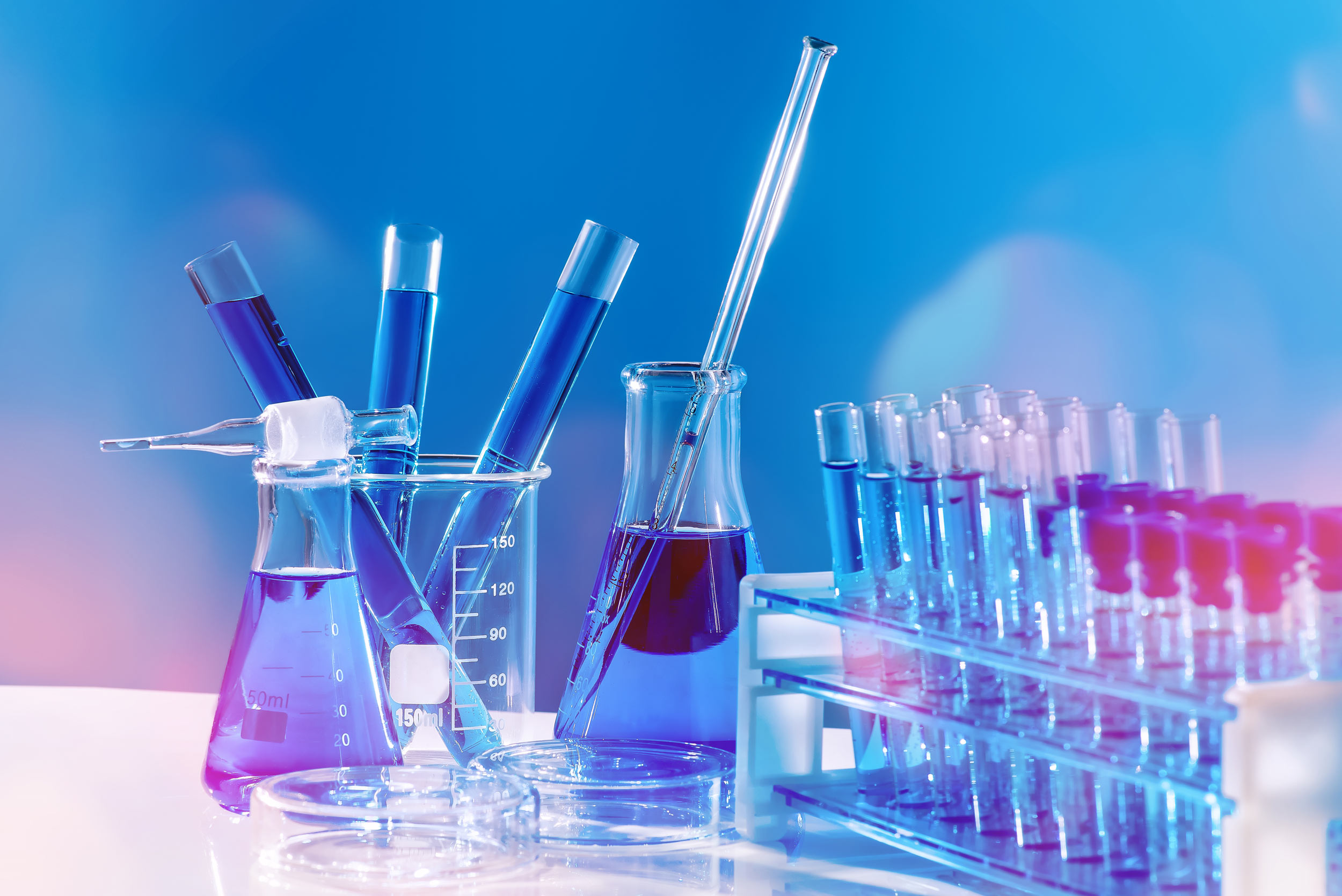Your thyroid is the powerhouse of your metabolism, but it can only operate at its best with the right nutrients.

Among the many vitamins and minerals that contribute to thyroid function, three stand out for their critical roles: selenium, zinc, and iodine. Each of these nutrients plays a unique part in supporting thyroid health, from hormone production to antioxidant defence.
Let’s unpack the benefits of these essential nutrients and how to ensure you’re getting enough of them in your diet.
🥩 Selenium
The thyroid gland has the highest concentration of selenium in the body, highlighting its importance for thyroid hormone function.
Selenium is a vital component of deiodinase enzymes, which convert thyroxine (T4) into the more active form, triiodothyronine (T3), in the liver and gut.
Selenium is also part of selenoproteins, such as glutathione peroxidase and selenoprotein P. These enzymes help neutralize hydrogen peroxide, a potent oxidizing agent produced in the body, thereby protecting the thyroid gland from oxidative damage.
Selenium plays a protective role against thyroid autoimmunity by enhancing the activity of regulatory T cells (Treg cells), which help suppress excessive immune responses that could harm the thyroid.
Research indicates that selenium supplementation may help lower both thyroid antibodies and thyroid-stimulating hormone (TSH) levels, contributing to improved thyroid health [Source].
Soils in New Zealand are low in selenium, which heightens the risk of deficiency. Recently, there has been an initiative to import high-selenium wheat to help mitigate this issue[Source]
Good dietary sources of selenium include Brazil nuts (2 nuts a day is adequate), seafood, meat, poultry, mushrooms, eggs, and certain cereal grains [Source].
🦪 Zinc
Zinc is an essential mineral with antioxidant and anti-inflammatory properties, helping to protect the thyroid gland from damage.
Like selenium, zinc plays a role in the conversion of T4 to T3.
A deficiency in zinc can inhibit the production of thyrotropin-releasing hormone (TRH), which is critical for regulating thyroid function. TRH acts as the “top boss,” signalling the pituitary gland to release thyroid-stimulating hormone (TSH), which instructs the thyroid gland to produce hormones. Reduced TRH levels can consequently lead to lower thyroid hormone levels [Source].
In addition to supporting hormone conversion, zinc facilitates the effective uptake and utilization of thyroid hormones by cells. If cells can’t absorb thyroid hormones properly, even normal levels of T4 and T3 may not exert their full effects.
Zinc is necessary for the production of thyroid hormones, and a deficiency can lead to hypothyroidism. Conversely, hypothyroidism can exacerbate zinc deficiency, likely due to impaired absorption in the gut.
Good dietary sources of zinc include oysters (the richest source), mussels, crab, beef, chicken, chickpeas, pumpkin seeds, peanuts, and dairy products [Source].
🍙 Iodine
The thyroid gland contains 70-80% of the body’s total iodine content, underscoring its importance in thyroid function.
Thyroid cells absorb iodine from dietary sources and use it, along with the amino acid tyrosine, to produce thyroid hormones.
Both iodine deficiency and excess can lead to similar symptoms, including goitre (enlarged thyroid gland), thyroid nodules, elevated TSH levels, and hypothyroidism. When hypothyroidism results from excess iodine it is known as the Wolff-Chaikoff effect.
Beyond its role in thyroid health, iodine is also crucial for breast and ovarian health, as well as pregnancy and fetal development.
New Zealand soils have low iodine levels. Historically, dairy products provided a significant source of iodine, as iodine was used as an antibacterial agent to sanitize milking equipment, which subsequently entered the food supply. However, this practice was replaced by chlorine sanitizers in the 1990s. To mitigate the risk of iodine deficiency, mandatory iodine fortification of bread was introduced in 2009, with the exception of organic breads [Source].
Good dietary sources of iodine include seaweed, seafood, and iodized salt. I love Ceres roasted seaweed snacks, which contain 170ug iodine per individual packet (daily needs, sorted). I also really love Pacific Harvest brand for their seaweeds, salts and seasonings.
Hope that helps! If you’d like to discuss your thyroid health in more detail, feel free to book a consult with me here.
Till next time,
Lauren.
![Among the many vitamins and minerals that contribute to thyroid function, three stand out for their critical roles: selenium, zinc, and iodine. Each of these nutrients plays a unique part in supporting thyroid health, from hormone production to antioxidant defence. Join us as we unpack the benefits of these essential nutrients and how to ensure you’re getting enough of them in your diet.
🥩 Selenium
The thyroid gland has the highest concentration of selenium in the body, highlighting its importance for thyroid hormone function.
Selenium is a vital component of deiodinase enzymes, which convert thyroxine (T4) into the more active form, triiodothyronine (T3), in the liver and gut.
Selenium is also part of selenoproteins, such as glutathione peroxidase and selenoprotein P. These enzymes help neutralize hydrogen peroxide, a potent oxidizing agent produced in the body, thereby protecting the thyroid gland from oxidative damage.
Selenium plays a protective role against thyroid autoimmunity by enhancing the activity of regulatory T cells (Treg cells), which help suppress excessive immune responses that could harm the thyroid.
Research indicates that selenium supplementation may help lower both thyroid antibodies and thyroid-stimulating hormone (TSH) levels, contributing to improved thyroid health [Source].
Soils in New Zealand are naturally low in selenium, which heightens the risk of deficiency among the population. Recently, there has been an initiative to import high-selenium wheat to help mitigate this issue[Source]
Good dietary sources of selenium include Brazil nuts (2 nuts a day is adequate), seafood, meat, poultry, mushrooms, eggs, and certain cereal grains [Source].
🦪 Zinc
Zinc is an essential mineral with antioxidant and anti-inflammatory properties, helping to protect the thyroid gland from damage.
Zinc is necessary for the proper functioning of deiodinase enzymes, which convert the inactive hormone thyroxine (T4) into the active hormone triiodothyronine (T3).
A deficiency in zinc can inhibit the production of thyrotropin-releasing hormone (TRH), which is critical for regulating thyroid function. TRH acts as the “top boss,” signalling the pituitary gland to release thyroid-stimulating hormone (TSH), which instructs the thyroid gland to produce hormones. Reduced TRH levels can consequently lead to lower thyroid hormone levels [Source].
In addition to supporting hormone conversion, zinc facilitates the effective uptake and utilization of thyroid hormones by cells. If cells cannot absorb thyroid hormones properly, even normal levels of T4 and T3 may not exert their full effects.
Zinc is necessary for the production of thyroid hormones, and a deficiency can lead to hypothyroidism. Conversely, hypothyroidism can exacerbate zinc deficiency, likely due to impaired absorption in the gut.
Good dietary sources of zinc include oysters (the richest source), mussels, crab, beef, chicken, chickpeas, pumpkin seeds, peanuts, and dairy products [Source].
🍙 Iodine
The thyroid gland contains 70-80% of the body’s total iodine content, underscoring its importance in thyroid function.
Thyroid cells absorb iodine from dietary sources and use it, along with the amino acid tyrosine, to produce thyroid hormones.
Both iodine deficiency and excess can lead to similar symptoms, including goitre (enlarged thyroid gland), thyroid nodules, elevated TSH levels, and hypothyroidism. The condition of hypothyroidism resulting from excess iodine is known as the Wolff-Chaikoff effect.
Beyond its role in thyroid health, iodine is also crucial for breast and ovarian health, as well as pregnancy and fetal development.
New Zealand soils have low iodine levels. Historically, dairy products provided a significant source of iodine, as iodine was used as an antibacterial agent to sanitize milking equipment, which subsequently entered the food supply. However, this practice was replaced by chlorine sanitizers in the 1990s. To mitigate the risk of iodine deficiency, mandatory iodine fortification of bread was introduced in 2009, with the exception of organic breads [Source].
Good dietary sources of iodine include seaweed, seafood, and iodized salt. I love Ceres roasted seaweed snacks, which contain 170ug iodine per individual packet (daily needs, sorted). I also really love Pacific Harvest brand for their seaweeds, salts and seasonings.
Hope that helps! If you'd like to discuss your thyroid health in more detail, feel free to book a consult with me here.
Till next time,
Lauren.](https://herbandchi.me/wp-content/uploads/2024/09/Top-thyroid-nutrients-pin-724x1024.jpg)





Comments +